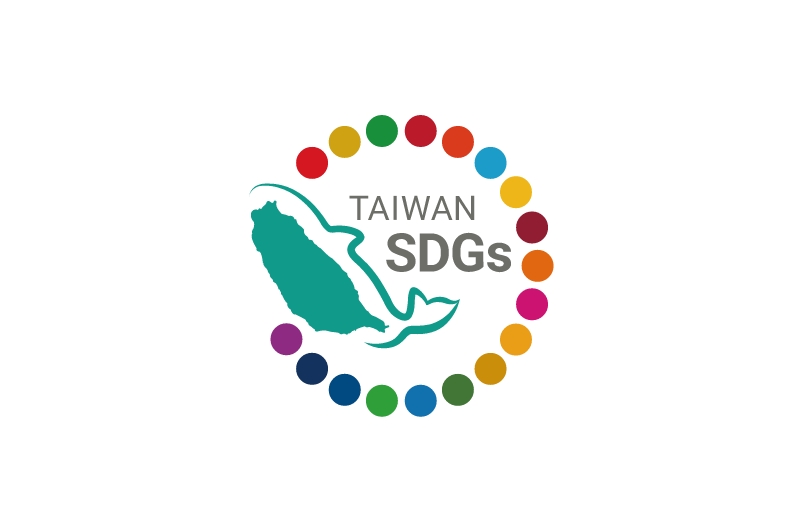
Keeping track of carbon emissions and their sources is fundamental to greenhouse gas reduction. On 5 October, the MOENV announced the revised Management Regulations for Greenhouse Gas Certification and Inspection Organizations (溫室氣體認證機構及查驗機構管理辦法). This aims to enhance inspection capacity while ensuring inspection quality in response to the needs of inspections and verifications from diverse reduction mechanisms on carbon emissions.
The MOENV stated that the amended Article 38 of the regulations will come into effect starting on 5 October. They key points of this amendment are as follows:
Revision of certification organizations’ qualifications and addition of certification management Taiwan's greenhouse gas certification and verification system has matured. With subsequent certification needs, the revisions require certification organizations to establish evaluation systems based on ISO/IEC 17011 and get certified by or sign relevant agreements with international or regional organizations. Additionally, newly added regulations specify obligations to which the MOENV-commissioned certification organizations must adhere. This is to assist commissioned certification organizations in carrying out certification tasks and allow the MOENV to monitor the accreditation status of inspection organizations.
Introduction of diverse expertise to expand involvement in inspections
With a more diverse range of verification needs, the revisions have modified qualification criteria for inspection organizations. The restriction on foreign inspection organizations to establish local branches has been lifted, allowing interested professional organizations to engage in greenhouse gas verification activities based on market demand. Moreover, educational and professional backgrounds for inspection personnel have been expanded to include expertise in fields such as agricultural and livestock management, forest management, and other areas in order to enhance personnel’s verification capacity.
Enhancement of qualifications and training regulations for inspection personnel
To ensure inspection personnel’s professional capabilities, under the amendments, inspection personnel are mandated to undergo and pass necessary basic training and on-the-job training. The basic training must consist of a minimum of 40 hours of courses related to standards, techniques, or specific inspection items concerning greenhouse gas inspections. In addition, amendments stipulate that inspection personnel are to possess work experience or verification records in various types and specific items of carbon verification, hence enhancing individual personnel’s capacities in specific professional fields.
Revisions of requirements to be complied during inspection operations
Inspection organizations are to assess the impartiality of the operations and avoid conflicts of interest before undertaking verification tasks and assign approved personnel to carry out the tasks after undertaking them. The personnel must set up substantial thresholds and develop inspection plans that meet reasonable assurance levels. Detailed records of onsite verification processes must be maintained. Verification results are to first undergo an internal technical review before compiled into comprehensive summary reports, which by mandate must be co-signed by both the inspection and review personnel. It is prohibited for the same lead inspectors to conduct verification tasks continuously for six years, and inspection records must be retained for six years.
Adjustment of permitted inspection items
The organizational inspection items have been reduced from 27 to 14 now after existing permitted inspection items were consolidated, updated, and expanded. Such adjustment is in accordance with Taiwan’s carbon emission patterns and emission situations from manufacturing processes of different industries and also takes into account new methods to cut down emissions or increase carbon sinks. Land transportation, water transportation, and aviation transportation have been merged into the category of transportation as they mainly emit through fuel consumption. Also, inspection items on the basis of special case have gone from 16 to 14. This will better facilitate corresponding management of inspections on regulated enterprises for their work of emission inventory and registration, as well as inspections on voluntary emission reduction projects undertaken by them.
Furthermore, the revised regulations will come into effect upon its announcement. Inspection organizations having already obtained permits are reminded to submit applications to the MOENV to renew permits as well as revise inspection operation plans and lists of personnel within six months from the effective date to avoid penalties.
Sources:MOENV
